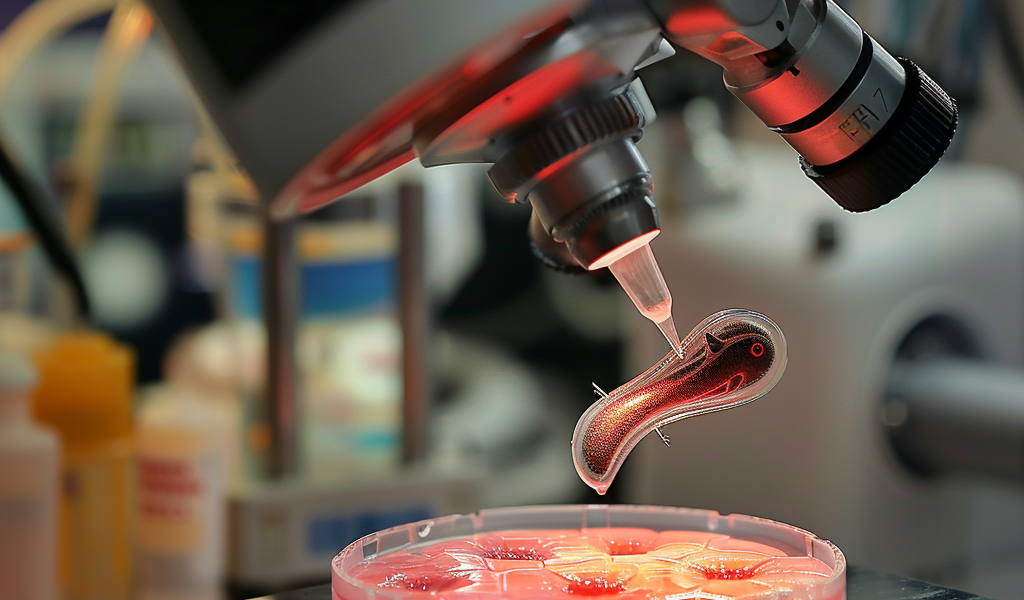Researchers at the University of Minnesota Twin Cities have developed an innovative automated machine learning robot that is revolutionizing genetics research. This cutting-edge robot is capable of fully automating the complex microinjection process crucial for genetic studies.
By leveraging this automated robot, scientists have successfully manipulated the genetics of various multicellular organisms, such as fruit fly and zebrafish embryos. The implementation of this technology not only saves time and resources for laboratories but also facilitates the execution of new, large-scale genetic experiments that were previously impractical using manual techniques.
The research, published under the title ‘High-throughput genetic manipulation of multicellular organisms using a machine-vision guided embryonic microinjection robot,’ is prominently featured on the cover of the April 2024 issue of GENETICS, an esteemed open-access journal. The project was jointly led by University of Minnesota mechanical engineering graduate students Andrew Alegria and Amey Joshi. Moreover, the team is actively engaged in the commercialization of this groundbreaking technology through Objective Biotechnology, a start-up company associated with the University of Minnesota.
Microinjection serves as a pivotal technique for introducing cells, genetic material, or other agents directly into embryos, cells, or tissues using an extremely fine pipette. The robot has been trained to identify embryos that are only one-hundredth the size of a grain of rice. Subsequently, the machine can autonomously calculate a path and execute the injections.
According to Suhasa Kodandaramaiah, an associate professor of mechanical engineering at the University of Minnesota and the senior author of the study, ‘This new process surpasses manual injections in terms of robustness and reproducibility. The adoption of this model empowers individual laboratories to conceive novel experiments that were previously unattainable without such advanced technology.’
Traditionally, conducting this type of research necessitates highly skilled technicians to perform microinjections, a resource that many laboratories lack. The introduction of this new technology has the potential to broaden the scope of large-scale experiments in laboratories while simultaneously reducing time and expenses.
Excited about the implications for the field of genetics, Kodandaramaiah further added, ‘The advancements in writing and reading DNA have been remarkable in recent years. However, the integration of this technology will significantly enhance our capacity to conduct extensive genetic experiments across a diverse range of organisms.’





